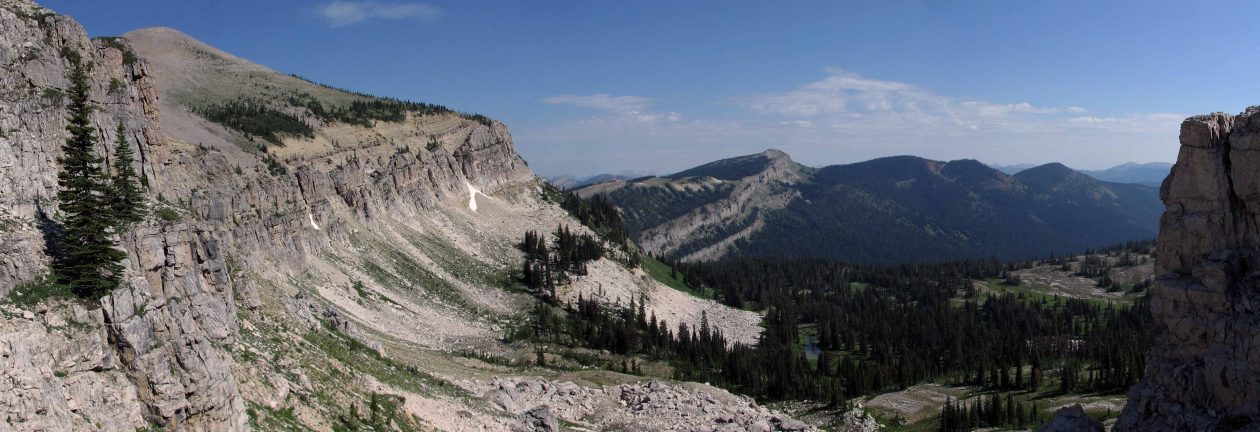Khajuraho, India
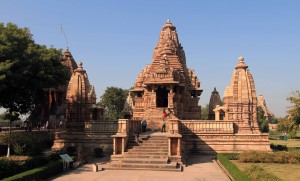
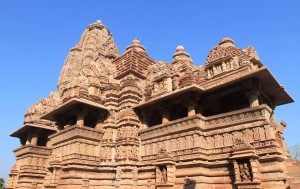
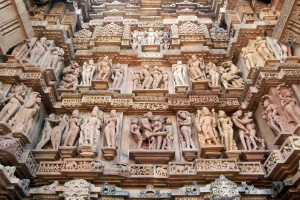
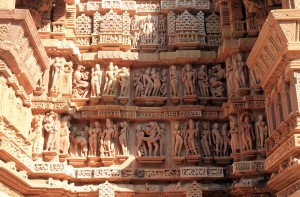
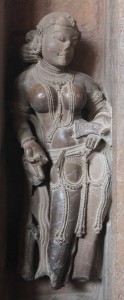
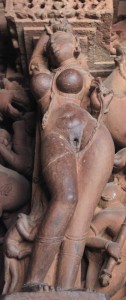
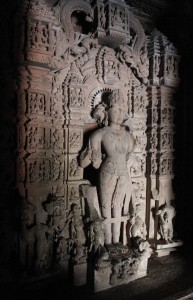

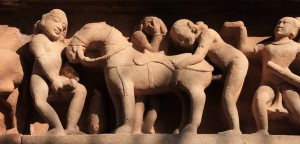
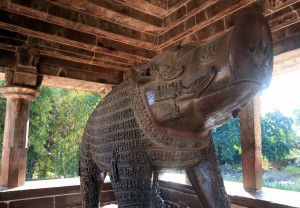
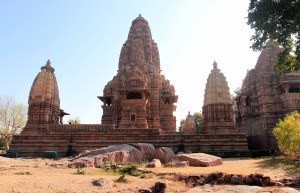
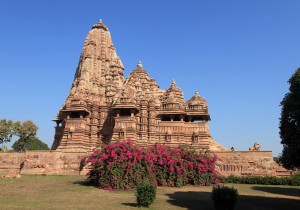
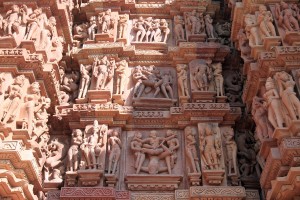
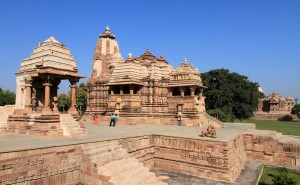
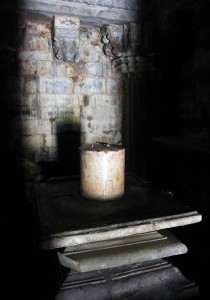
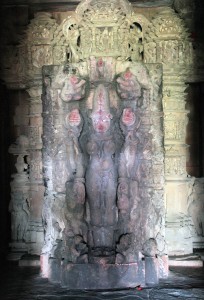
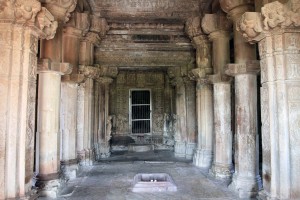
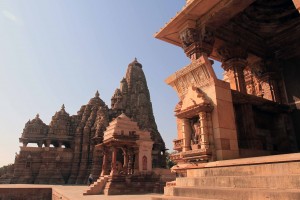
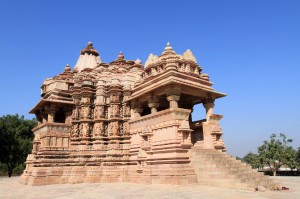
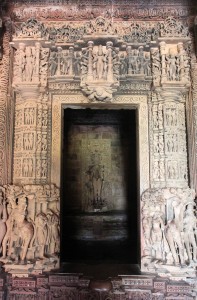
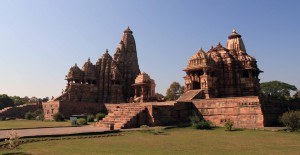
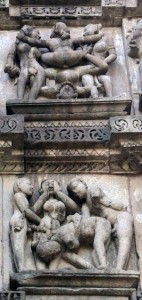
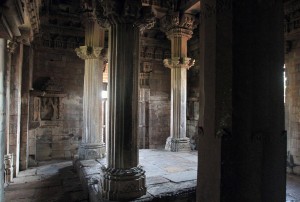
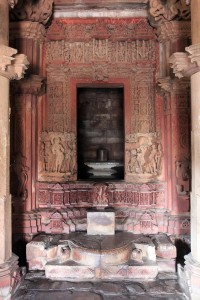
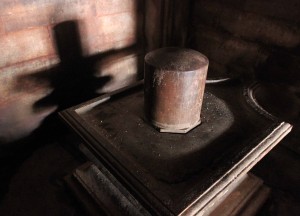
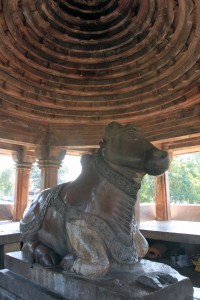
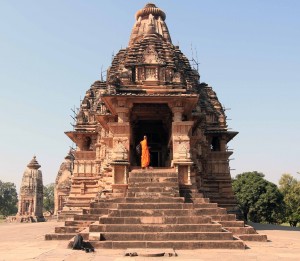
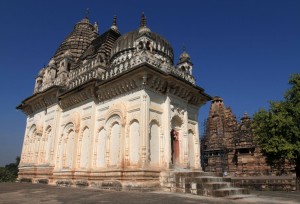
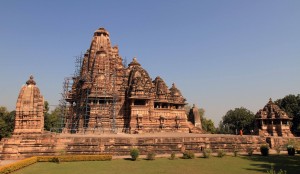
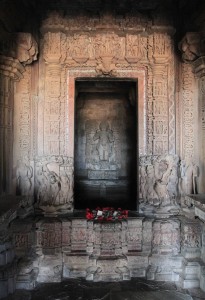
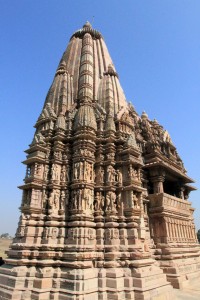
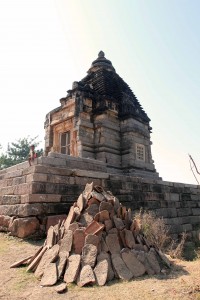
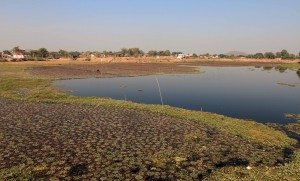
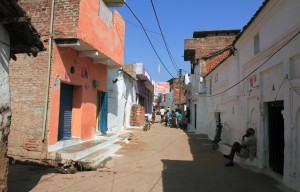
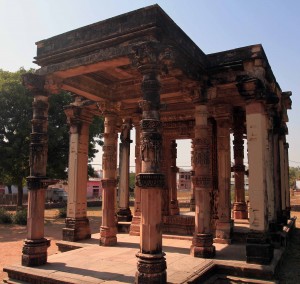
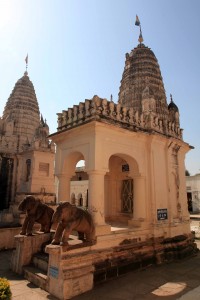
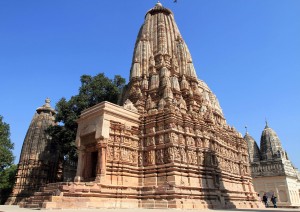
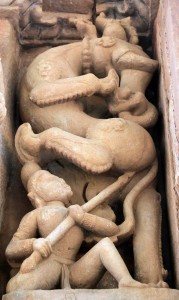
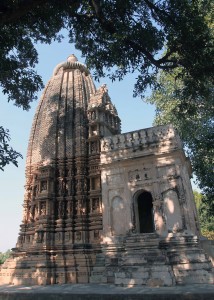
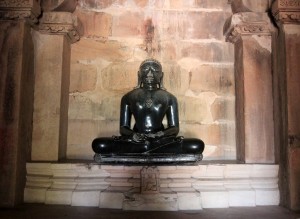
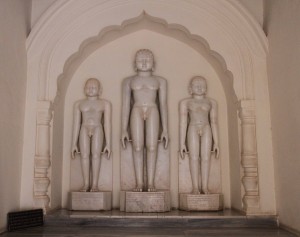
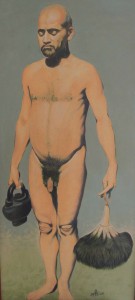
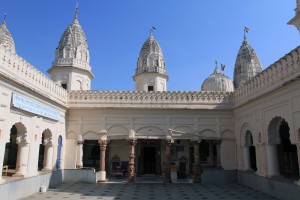
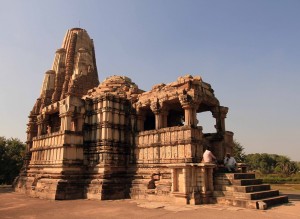
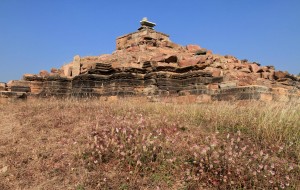
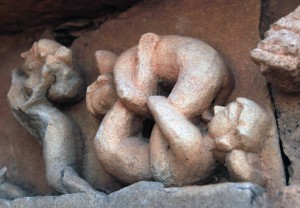
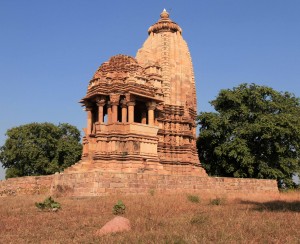
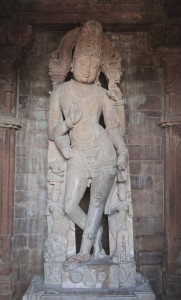
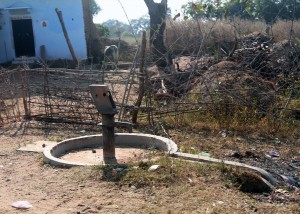
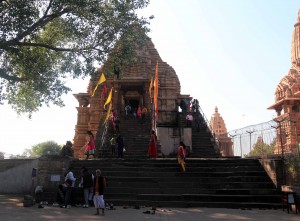
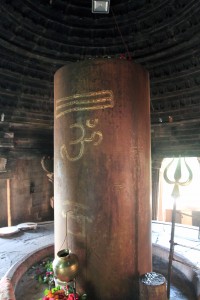
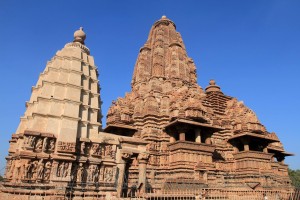
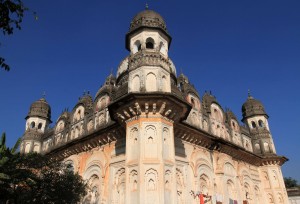
I woke up today after 08:00, showered, got ready, and walked toward the western temple complex in Khajuraho; the Chandelas who rose to power during the early tenth century AD had their capital at Khajuraho and built eighty-five temples here, but the place lost its importance around 1500 AD and at present only about twenty-five temples remain standing. The first temple I visited was the Lakshmana Temple (a temple dedicated to Vishnu, built by Chandela ruler Yashovarman between 930 and 950 AD); I was surprised at some of the realistic depictions of sexual intercourse (i.e. penetration) and bestiality portrayed on the sculpted reliefs created to adorn the outside of the temple. After walking around and entering inside the temple, I then walked to the nearby Lakshmi Temple and Vahara Temple, which were both much smaller and really more like shrines; the Vahara Temple had a giant sculpture of Vahara – the boar incarnation of Vishnu – and is dated between 900 and 925 AD. Next, I walked to the Kandariya Mahadeva Temple (the temple is dedicated to Shiva), which is the largest temple in Khajuraho and was built between 1025 and 1050 AD; the inside of the temple had a linga and yoni statue in the temple’s sanctum. To the right of the Kandariya Mahadeva Temple was a small shrine and then the Jagadambi Temple; the Jagadambi Temple was originally dedicated to Vishnu, but is now named for the statue of Parvati found in the inner sanctum. The next temple I visited in the complex was the Chitragupta Temple; inside this temple’s sanctum is a statue of Surya (the sun god) and when the sun rises in the morning, the sanctum fills with the sun’s rays (on account of it facing due east). Next, I visited the Parvati Temple, the Visvanatha Temple (dedicated to Shiva and inside its sanctum rests a linga and yoni sculpture), and the Nandi Shrine (which has a large sculpture of Nandi, the bull that Shiva rides). Lastly, I visited an un-signed temple that was filled with cement bags (?!!!) and wasn’t fully restored; I then went to a nearby restaurant (Raja Cafe) and had lunch (chicken stroganoff, a lime soda, water, and a cafe mocha). After lunch, I walked back to my hotel room, grabbed my tripod (it wasn’t allowed in the western temple complex, so I had to leave it in my room – this rule sucks and India needs to get rid of it), and then hired a rickshaw to take me to the eastern and southern temples. The rickshaw driver first cycled us to Vamama Temple (dedicated to the dwarf form of Vishnu), then to the Javari Temple (built between 1075 and 1100 AD), and next the Brahma Temple (made entirely of granite and sandstone, it is dedicated to Vishnu), which had some grain laid out to dry on its base and a little girl lying down on the grain (kind of odd). The rickshaw driver then took us through the old village of Khajuraho to the Ghantai Temple (a unique looking Jain temple that depicts the sixteen dreams of Mahavira’s mother and a Jain goddess on a winged Garuda). We then went to the Jain temple complex; inside this eastern complex were the Parsvanatha Temple (the three roofs of this temple depict a mixture of Hindu, Buddhist, and Muslim influences), the Adinath Temple (dedicated to the Jain god Adinath), the Shri Shantinath Temple (a large, more modern looking Jain temple with a courtyard in the middle and many sculptures inside), and many shrines with different sculpted reliefs. After walking around the Jain temple complex, I met up with the rickshaw driver again and he took me to the Duladeo Temple (a temple dedicated to Shiva with a linga in the sanctum), the Beejamandal Temple (a temple mostly in ruins and in the process of being partially restored), and the Chaturbhuja Temple (built in 1100 AD, it is the only temple in the area to be devoid of any erotic sculptures and inside it has a nine-foot tall statue of Vishnu). After touring all the eastern and southern temples, the rickshaw driver took me back in to town, I paid and tipped him, and then I walked to the last temple to see, the Matanageswara Temple, which has a huge eight-foot tall linga sculpture inside and a man sitting next to it, waiting to adorn the foreheads of worshipers with a red dot. After finishing touring all the temples, I walked back to my hotel room, drank a beer, typed out some journal entries, and relaxed until dinner. Just before dinner, I talked with a woman from Belgium who is staying in Khajuraho for five months to study the art and architecture for a book she is writing.
